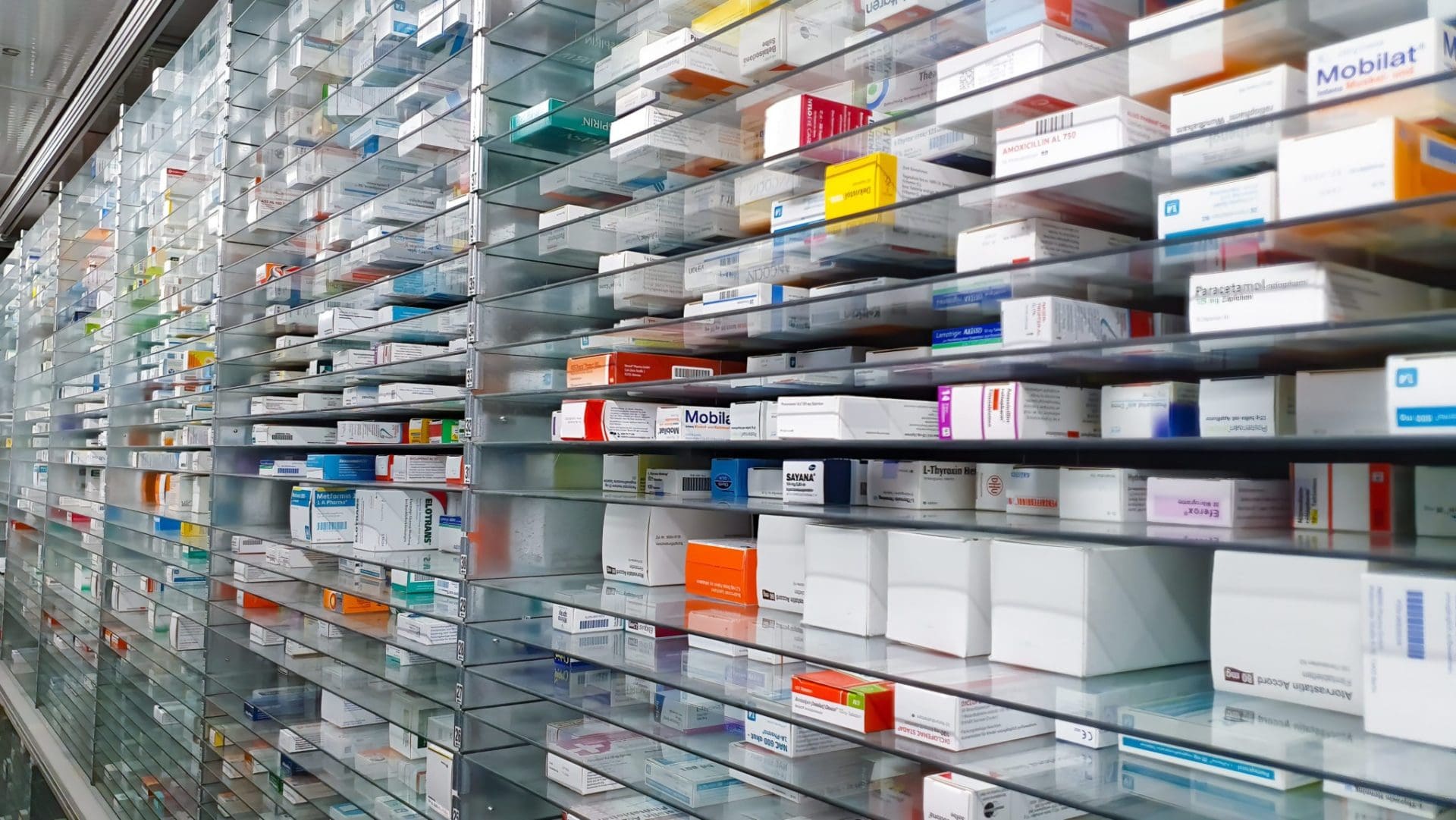The pharmaceutical industry could be the next on the ever-growing list of threatened sectors, due to the energy crisis rampaging through Europe.‘The situation has never been as bad as it is now. At the moment, there are about a hundred drugs that are not available’, a German pharmacist told a Bavarian newspaper according to V4NA news. The coronavirus pandemic and the war in Ukraine have increased demand for painkillers and sleeping pills. Shortages in supply are not an entirely new problem in the sector, however, they seem to be getting worse. A pharmacy in Nuremberg reported that because of the shortages they have been unable to properly stock their shelves for quite some time now. Those with chronic health conditions are wondering whether they should stock up on their winter supplies now, since the shortage is expected to last for a long time.
The problems in the industry started years ago, when a number of pharmaceutical plants relocated from Germany, due to the strict production regulations within the country. Another factor that contributed to the current situation is the war in Ukraine, as it has caused worldwide logistical problems, rising inflation and an energy crisis. The transportation of medicines is getting pricier and supply chains are being disrupted. As a result, for some months there has been a shortage of paediatric medicines, painkillers, antipyretics and nasal sprays in Germany. In the spring, panic arose in the country when a drug used to treat breast cancer became scarce.
For some months there has been a shortage of paediatric medicines, painkillers, antipyretics and nasal sprays in Germany
As soon as the war started in Ukraine, manufacturers warned that if energy supply becomes unstable, the entire pharmaceutical sector could easily collapse. ‘In preparation for possible gas shortages, manufacturers of pharmaceuticals and medical products must secure safe energy supplies from other sources without delay’, the executive director of the German Association of Pharmaceutical demanded in April. The crisis is only worsened by the fact that many factories are already cutting down their production because of the waning energy supplies in the country. Production has therefore become more expensive, which in turn resulted in many pharmaceuticals raising their prices. Soon the average consumer will experience the price hikes as well, which, coupled with the shortages, may cause panic.
In conclusion, the pharmaceutical industrys woes in Germany are yet another repercussion of the global energy crisis. While for now the supply problems are impacting only the German consumers, it is only a matter of time before they reach other EU countries dependent on German-made drugs.








